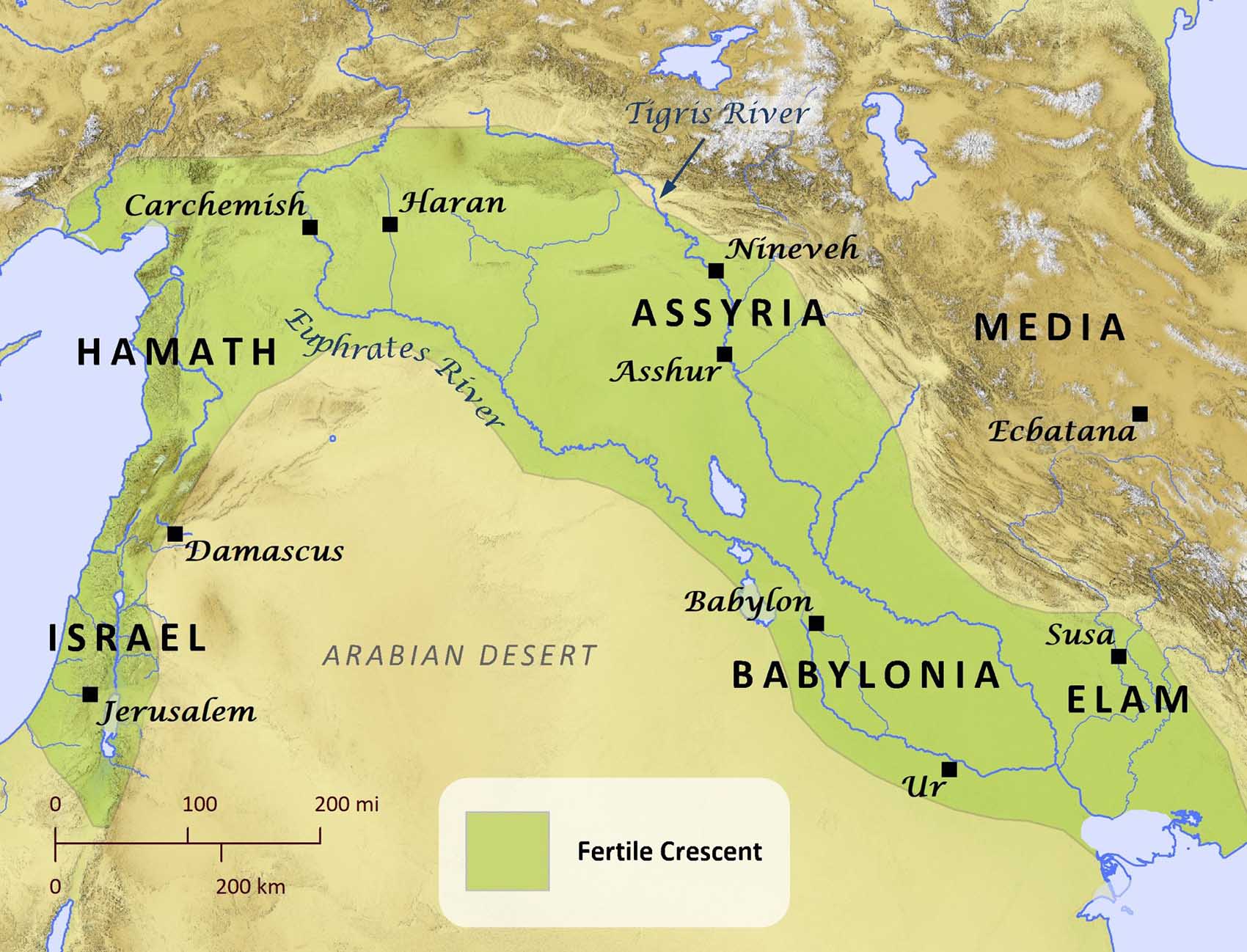Daniel asks the Interpreter about the boastful horn who wages a war against God’s people. Daniel sees that God will judge the horn and give the earth to His people.
While Daniel sleeps, he is shown by God a bizarre sequence of events. He has watched four beasts rise out of a stormy sea. A courtroom appears, with many thrones. On the judge’s throne sits the Ancient of Days, God. His throne is surrounded by fire and shoots fire out from it. God kills the fourth beast, destroys its body, and throws it into the fire.
But then, a Son of Man comes among the clouds and presents Himself before God. God gives Him everlasting rulership over an everlasting kingdom. No other kingdoms will take its place. It will never be destroyed.
After witnessing these events, Daniel wants to understand them. He speaks with an angel, and the angel interprets what he has seen. The beasts represent earthly kingdoms.
But the fourth beast is specifically interesting to Daniel. He expresses his desire to know the exact meaning of it. The fourth beast was different from all the others. Daniel lists the ways it was different: it was exceedingly dreadful, it had powerful teeth of iron and claws of bronze, and it devoured, crushed, and trampled down its victims till nothing was left of them. Daniel wants to know the meaning of the ten horns on the fourth beast’s head—there was a special horn which grew among the ten, pushing three of them out of the head so that they fell. This special horn grew larger in appearance than the other horns. It had eyes and a mouth. It shouted great boasts about how wonderful it was.
Daniel explains that he kept looking at the strange horn. He saw it wage war with the saints and that it was overpowering them. The boastful horn was winning against the holy people of God, threatening to destroy them. But the Ancient of Days (a name for the eternal God) intervened. He passed judgment in favor of the saints of the Highest One, meaning He found the saints to be in the right and innocent. Because of this judgment, the time arrived when the saints took possession of the kingdom.
Biblical Text
19 “Then I desired to know the exact meaning of the fourth beast, which was different from all the others, exceedingly dreadful, with its teeth of iron and its claws of bronze, and which devoured, crushed and trampled down the remainder with its feet, 20 and the meaning of the ten horns that were on its head and the other horn which came up, and before which three of them fell, namely, that horn which had eyes and a mouth uttering great boasts and which was larger in appearance than its associates. 21 I kept looking, and that horn was waging war with the saints and overpowering them 22 until the Ancient of Days came and judgment was passed in favor of the saints of the Highest One, and the time arrived when the saints took possession of the kingdom.
Check out our other commentaries:
-
Deuteronomy 21:15-17 meaning
Moses instructs the Israelite husband who has two wives to give a double portion of his inheritance to the firstborn son, even if his mother...... -
John 3:22-30 meaning
Jesus and his disciples go south into Judea. His disciples baptize repentant Jews. Nearby, John the Baptist’s disciples are inspired to jealousy by seeing that...... -
Hebrews 13:20-25 meaning
The Pauline Author ends his letter with a prayer on their behalf and an encouragement to pay attention to the words he wrote to them. ...... -
Deuteronomy 9:1-3 meaning
Moses reassures the people of Israel of their imminent conquest of Canaan, despite the seemingly invincibility of its inhabitants. He tells Israel that it is...... -
Founding Paradox meaning
Philosophical systems based on logic can never explain their founding paradox. An example is the relativist’s belief that “all things are relative”. The proposition that......



